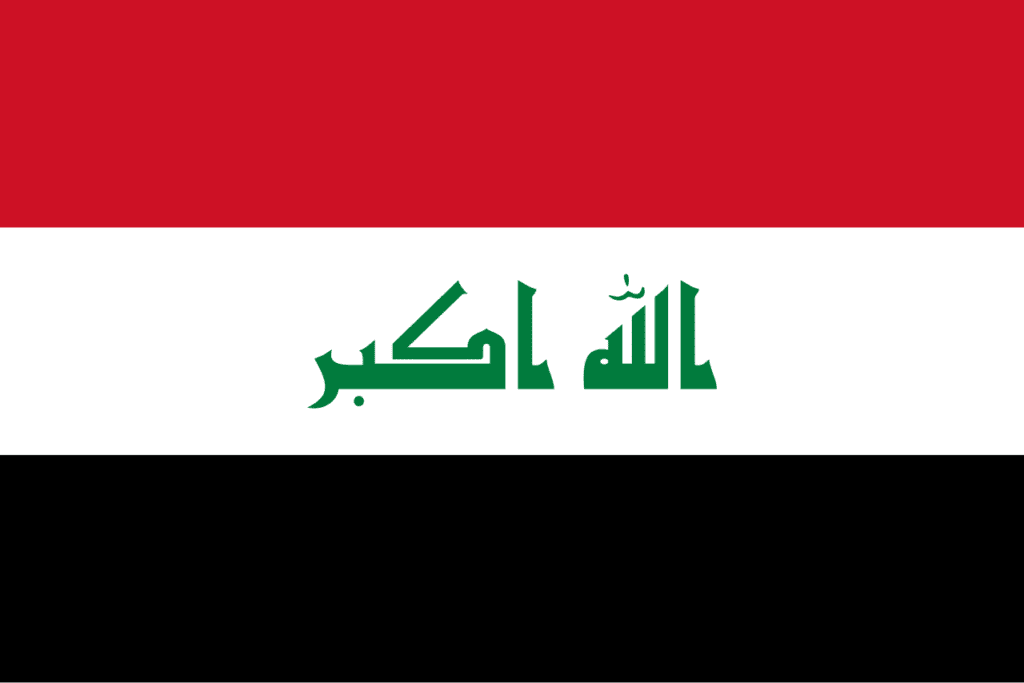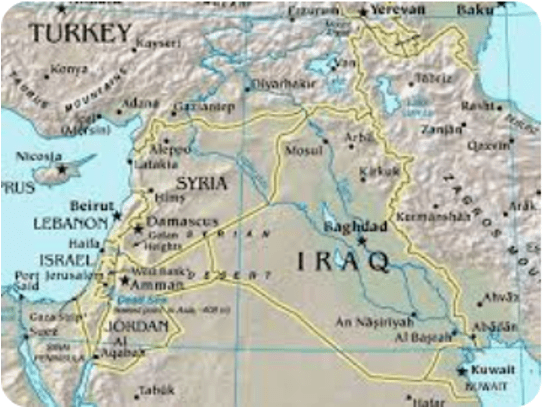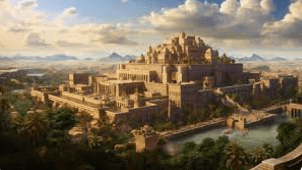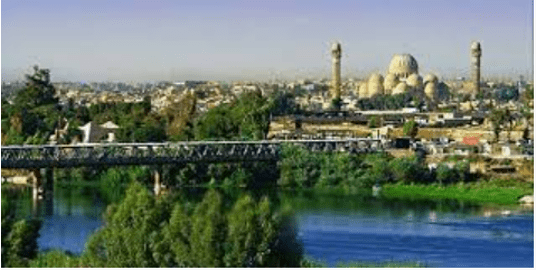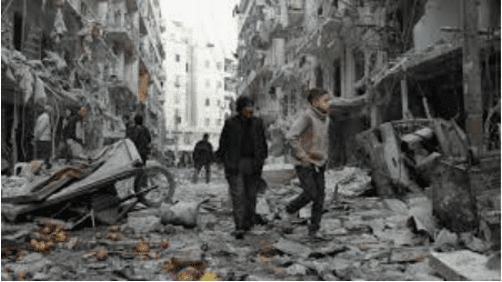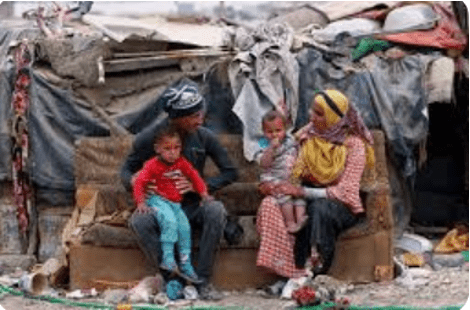PRAYERS FOR Iraq
- The emergence of Iraqi Arab evangelicals in recent years (now over 50,000) is an answer to prayer! Many of them come from Muslim and even extremist backgrounds, but they encountered Christ through evangelical witness, gospel radio, and especially through dreams and visions of Jesus. Pray for leaders for the churches. Many fled the country and others died, often targeted by Islamists. Many times the Christian widows of these leaders continue with the pastoral and discipleship work.
- Iraq suffered great upheaval in 1991 (with the Gulf War), in 2003 (with the 2nd Iraq War and the fall of Saddam Hussein), yet again in 2013 with the rise of ISIS (Islamic State of Iraq and Syria), and then in 2018 and beyond with widespread civil unrest and a broken political system. Pray for God to deliver this land from seemingly interminable conflict!
- The Kurdish Region of Iraq is one of the few bright spots to emerge from the last 30-plus years of war and conflict. It has far more autonomy, progress, and freedom than other parts of Iraq. Religious minorities (such as Christians and Yazidis) have a much greater degree of protection under the law, and Christian ministries experience greater openness to work.
- Many deep and violent divisions run through Iraqi society (Kurds against Arabs, Shi’as against Sunnis, secular politicians against Islamist groups). The ethno-sectarian system of politics in Iraq may keep wider conflict in check, but also holds back genuine progress and keeps the same elites in power. Outside of the Kurdish Region, Christians and other religious minorities lack true religious freedom. They face demands for bribes, kidnapping, destruction of their property, rape, and murder. Christian workers have been murdered with impunity. Most Muslim political leaders want to see progress, but extremist groups and a fundamentally divisive political framework continue to hamper efforts to bring peace to Iraq.
- The brutal violence and oppression that accompanied the rise of the Islamic State (IS) in 2014 has been greatly reduced. Thank God that their capacity has been greatly diminished. While almost all of their territory has been retaken, the destruction and trauma they wrought remains, and their violent and brutal ideology remains a threat via the use of terrorist cells who are able to strike with little or no warning. Millions were uprooted in the 2010s, and many of them – especially Christians and other religious minorities – have suffered intense trauma. Pray that Christians might minister life to those impacted by this evil; pray also that IS survivors and former IS fighters might encounter the Risen Jesus who forgives all sins and heals all wounds.
- Pray for the growth of house churches and for Bible distributions in Kurdistan.
- Pray for internally displaced Christian families from Mosul who are returning to camps in Kurdistan.
- Pray for Brother Ahmed, a former Muslim who went missing in Baghdad in October 2020.
- Pray for Brother N., a Kurdish leader in his 60s who was severely beaten and continues his ministry.
Pray for Christian converts from Islam in Baghdad, where persecution has intensified.
